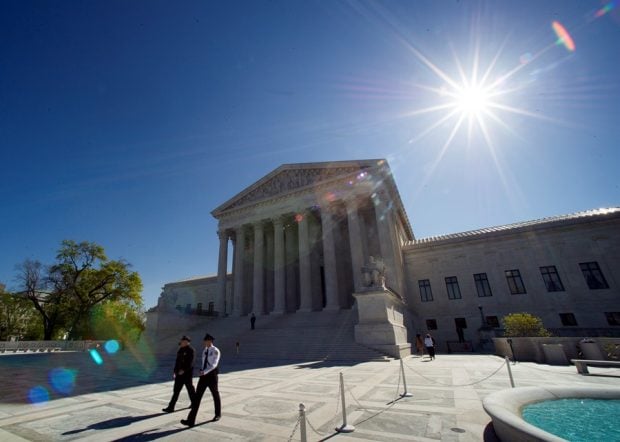 The justices, ruling in a securities case , said the 1974 decision in American Pipe & Construction v. Utah suspends the statute of limitations while a putative class action is pending, which allows unnamed class members to join individually or to file separate claims if the class fails. “But American Pipe does not permit the maintenance of a follow-on class action past expiration of the statute of limitations,” wrote Justice Ruth Bader Ginsburg for the court in China Agritech v. Resh.
The justices, ruling in a securities case , said the 1974 decision in American Pipe & Construction v. Utah suspends the statute of limitations while a putative class action is pending, which allows unnamed class members to join individually or to file separate claims if the class fails. “But American Pipe does not permit the maintenance of a follow-on class action past expiration of the statute of limitations,” wrote Justice Ruth Bader Ginsburg for the court in China Agritech v. Resh.  Ruth Bader Ginsburg
Ruth Bader Ginsburg© 2025 ALM Global, LLC, All Rights Reserved. Request academic re-use from www.copyright.com. All other uses, submit a request to [email protected]. For more information visit Asset & Logo Licensing.







